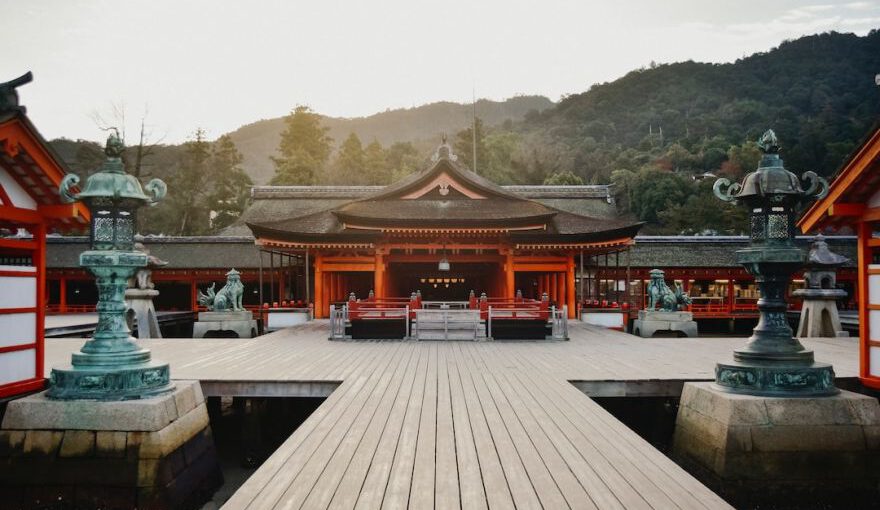Japan is a country known for its rich cultural heritage and unique traditions. One of the key aspects of Japanese culture is its religious beliefs, which have played a significant role in shaping the country’s history and society. In this article, we will explore the main religious beliefs in Japan, highlighting their key features and significance.
Shintoism: The Indigenous Religion
Shintoism is the indigenous religion of Japan, with its roots dating back thousands of years. It is a polytheistic belief system that centers around the worship of various kami, or gods, which are believed to reside in natural elements such as mountains, rivers, and trees. Shintoism emphasizes the importance of maintaining a harmonious relationship with nature and the spiritual realm.
Shrines and Rituals
Shintoism is deeply ingrained in Japanese society, and it is not uncommon to find Shinto shrines scattered throughout the country. These shrines serve as places of worship and are often visited for various occasions, such as New Year’s celebrations or to seek blessings for important life events. Shinto rituals typically involve purification ceremonies, prayers, and offerings to the kami.
Buddhism: A Major Influence
Buddhism was introduced to Japan in the 6th century and has since become one of the major religious beliefs in the country. It coexists harmoniously with Shintoism, and many Japanese people practice both religions simultaneously. Buddhism offers a philosophical path towards enlightenment and emphasizes the impermanence of life.
Temples and Meditation
Buddhist temples can be found in abundance throughout Japan, and they serve as places of worship, study, and meditation. These temples often house beautiful statues of Buddha and provide a tranquil environment for individuals seeking spiritual solace. Meditation is a key practice in Buddhism, and many temples offer meditation sessions for both beginners and experienced practitioners.
Zen Buddhism: The Path of Meditation
Zen Buddhism, a branch of Mahayana Buddhism, holds a prominent place in Japanese religious beliefs. It places a strong emphasis on meditation and mindfulness, with the aim of achieving self-realization and enlightenment. Zen monasteries, known as Zen-dos, offer intensive meditation retreats and are frequented by individuals seeking spiritual growth and enlightenment.
Confucianism and Taoism: Philosophical Influences
While not considered religions in the traditional sense, Confucianism and Taoism have had a significant influence on Japanese culture and religious practices. Confucianism emphasizes the importance of social harmony, filial piety, and moral conduct, while Taoism focuses on living in harmony with the natural order of the universe. These philosophical teachings have shaped many aspects of Japanese society, including ethics, education, and literature.
Christianity: A Minority Religion
Christianity is a minority religion in Japan, accounting for less than 2% of the population. It was introduced by European missionaries in the 16th century and faced periods of persecution and isolation throughout history. Despite its minority status, Christianity has left a lasting impact on Japanese culture, particularly in the fields of art, architecture, and education.
Conclusion: A Tapestry of Beliefs
Japan’s religious landscape is a tapestry of beliefs, where Shintoism, Buddhism, and other philosophical teachings coexist and intertwine. These religious beliefs have shaped the country’s history, influenced its culture, and provided individuals with spiritual guidance and solace. The rich diversity of religious beliefs in Japan is a testament to the country’s ability to embrace and harmonize various traditions, creating a unique and fascinating religious tapestry.





